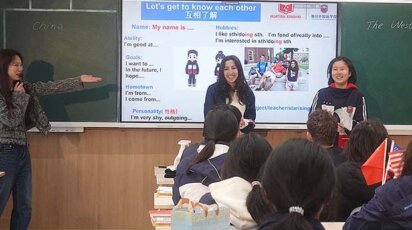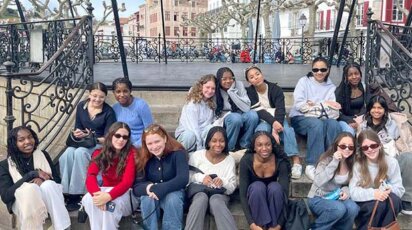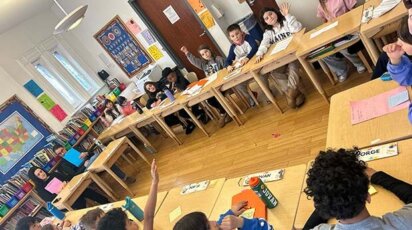News
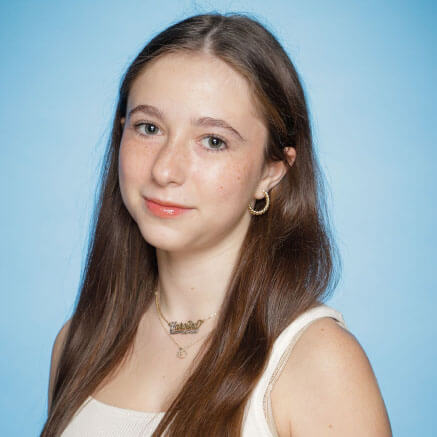
Student Mentorship and Support
by Carolina Lisk ’26, Layout Editor for The Polygon
Many students may find themselves in need of extra support or resources when preparing for a large exam. However, it can be challenging to adequately prepare for an exam while also trying to tackle other things such as sports games, or homework assignments. To address this challenge, the Peer Academic Coaching (PAC) group is introducing curated workshops to mentor students studying for large exams or writing papers.
The Peer Academic Coaching group is a separate peer tutoring group where leaders actively coach members of the Poly community in their studies. I am one of the two leaders of the PAC group. Ava Barbiere ’26 and I work alongside Learning Support Specialists Sarah Bond and Fannie Santana to implement our resources into the life of students at Poly.
“We wanted to create a program to empower student leaders and provide them with skills to be more effective tutors.”
Sarah Bond
Creating a Focused Structure That Benefits Student Results
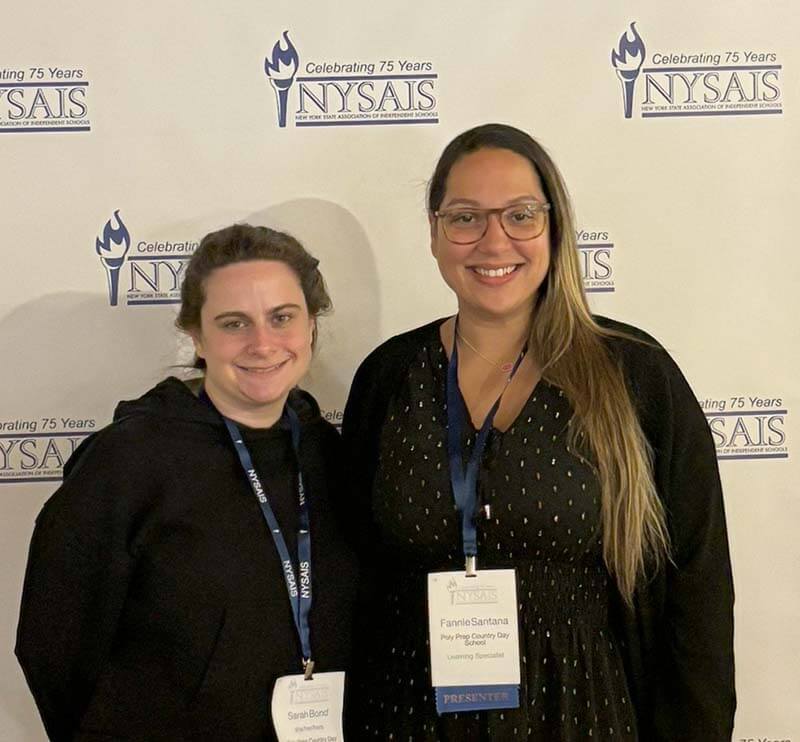
After the COVID-19 pandemic, Bond and Santana worked with Elijah Sivin, director of service learning, to create this extension of service learning. Bond said, “We wanted to create a program to empower student leaders and provide them with skills to be more effective tutors. In addition, we wanted to find a way for students to earn service hours.”
As a result of Bond and Santana’s original ideas, each Peer Academic Coach engages in a series of training sessions broken down into separate milestones to ensure that they have the right skills to lead their tutoring sessions effectively. Separately, each coach also goes through a rigorous interview process in order to be a part of the group.
I know what you’re thinking: “Isn’t that just peer tutoring? However, the PAC system was created to help groups of students in a more structured way. The program introduces curated workshops with tutors that have specific strengths in that subject area, and are able to plan out a mini lesson.
Throughout this fall, tutors held drop-in sessions where students could go to receive assistance with any class. Although it was a strong idea, several Peer Academic Coaches were unable to sufficiently prepare for each session, and students did not really know what to expect. In preparation for midterms, tutors held numerous workshops to help students adequately prepare for testing on topics ranging from study techniques to deep dives into specific topics. Tutors offered one to two workshops each day, beginning directly after winter break, with each including a curated plan on how to tackle different topics. The workshops had one PAC leader to teach the lesson, and then two to three additional coaches to help out. After learning the workshop’s study technique or reviewing the lesson, students broke off into small groups in order to practice and apply what they learned. The PAC team believes that this program will not only help support students in their studies, but it can also encourage other students to step up and help their friends and classmates when preparing for an exam. Additionally, it can help point students in the right direction when it comes to planning out their study methods and studying all the necessary material for an exam.
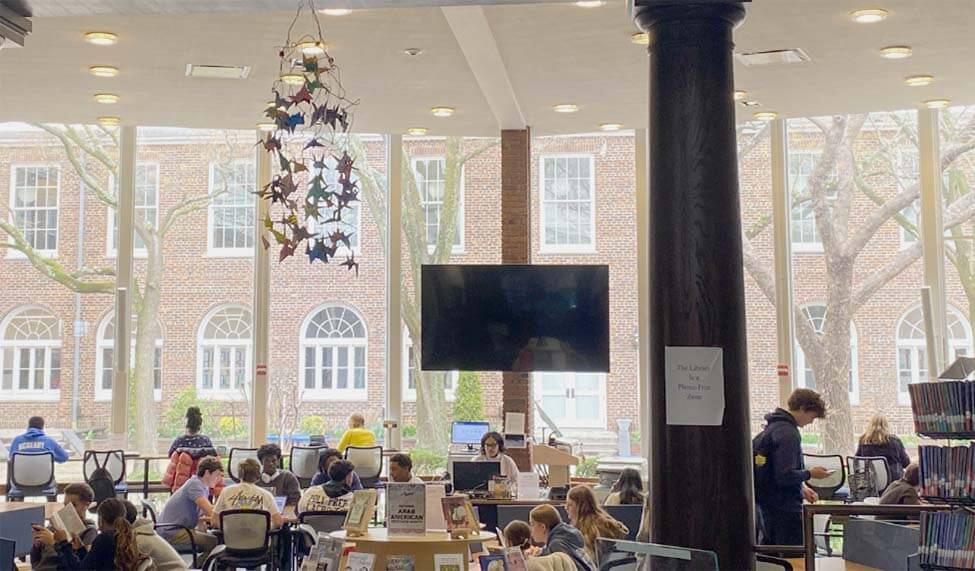
Specific Topic Sessions and Curated Workshops Hit the Mark
After surveying the turn-out of drop-in sessions throughout the first semester, Barbiere and I worked with Bond and Santana to adjust the program to replicate the midterm preparation format. Bond realized that “students were more likely to attend a session addressing a specific topic or skill rather than attending drop-in sessions.” The new organization will include carefully curated workshops for each major assessment on the exam schedule across all grades. Bond also proposed that the teachers attend some of the meetings in order to make the sessions more meaningful to the student body. She added that “we will be consulting with teachers, students, and the testing calendar to inform future sessions.”
Our team of 21 peer coaches will continue to meet to foster workshops where we break down confusing material using different explanations so the sessions can accommodate all types of students.
The workshops will be held two to three times a week beginning the week of March 4. Each session will be during either a free period or a flex block in the first classroom of the Alumni Building in order to accommodate many different students. Sophomore Maggie Cochran ’26 said, “I am super excited about this new extension of the PAC program, I think it will really help the student body!”
Note: This article was originally published in The Polygon’s March 2024 issue.

